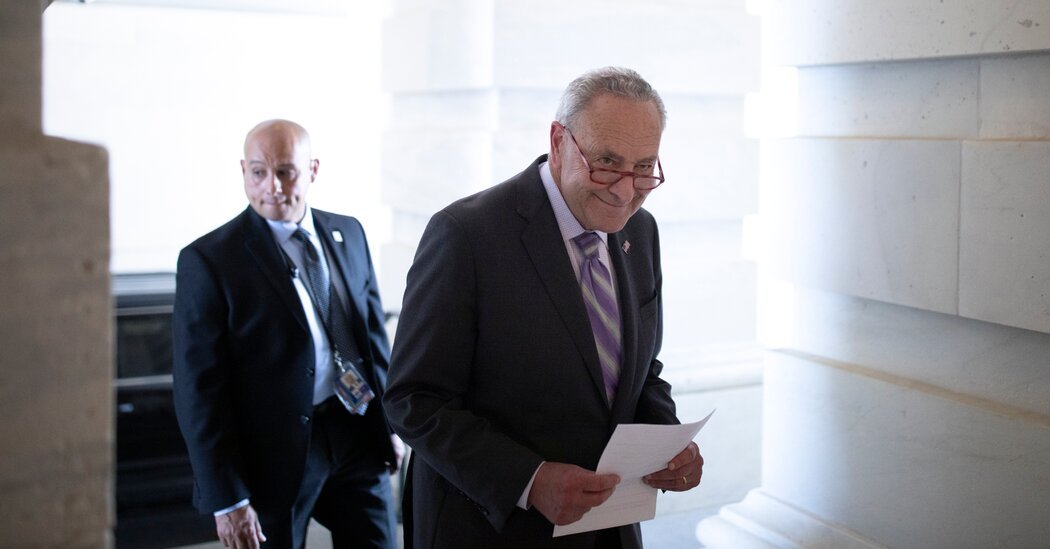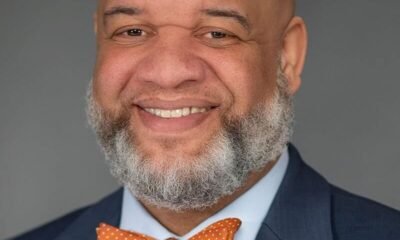(WASHINGTON, D.C. – August 2, 2025) – Fierce. Fearless. Unapologetically Black. Congresswoman Jasmine Crockett is one of the rising stars in American politics—bringing bold energy, sharp legal acumen, and a deep commitment to justice to Washington, D.C. Representing Texas’s 30th Congressional District since 2023, the St. Louis-born attorney has become known nationwide for her powerful voice, passionate advocacy, and unfiltered style.
A member of the Congressional Black Caucus, Progressive Caucus, and Black Maternal Health Caucus, Crockett serves as Vice Ranking Member of the House Oversight Committee and Ranking Member of the Judiciary Oversight Subcommittee—pivotal roles that have allowed her to champion transparency, equity, and accountability in government.
From St. Louis to the Halls of Power
Born to Joseph and Gwen Crockett in Missouri, Jasmine attended Rhodes College in Memphis, where a racially motivated hate crime—and the legal support she received from a lawyer with The Cochran Firm—sparked her passion for law and justice. She earned her J.D. from the University of Houston Law Center in 2006 and began her career as a public defender in East Texas, later launching a private firm that fought for justice in both courtrooms and communities—including pro bono defense for Black Lives Matter activists.
Legislative Firebrand
Before Congress, Crockett served in the Texas House of Representatives, flipping a seat in Dallas and gaining a reputation for her boldness and brilliance. In Washington, she quickly emerged as a trusted voice for the Democratic Party’s new generation, serving as Freshman Class Representative in the 118th Congress and co-chairing the 2024 Harris–Walz presidential campaign.
She’s unafraid to speak truth to power—whether defending democracy during House hearings or calling out double standards in televised debates. Her now-viral remarks on the weaponization of government and accountability for former President Donald Trump, delivered with searing wit and clarity, reflect her unique ability to cut through noise and speak directly to the people.
Rooted in Service. Powered by Purpose.
Crockett is a proud member of Delta Sigma Theta Sorority, Inc., and her Baptist faith grounds her work. She’s known for speaking not just with policy expertise—but with moral clarity, emotional intelligence, and cultural relevance. Her rhetorical style, marked by sharp humor and strategic alliteration (“vindictive vile villain violate voters’ vision”), has made her a force in both committee chambers and convention stages.
Whether advocating for Black maternal health, pushing for police accountability, or defending the rights of migrants and marginalized communities, Congresswoman Jasmine Crockett continues to fight for a more just America—unbossed and unbought.
“I’m here because I’ve lived it. I’ve defended it. And now I’m determined to legislate it.”
— Congresswoman Jasmine Crockett


 HBCU7 months ago
HBCU7 months ago
 Videos3 years ago
Videos3 years ago
 Videos3 years ago
Videos3 years ago
 Videos2 years ago
Videos2 years ago
 Videos1 year ago
Videos1 year ago
 Videos3 years ago
Videos3 years ago
 Videos2 years ago
Videos2 years ago
 Videos2 years ago
Videos2 years ago















































